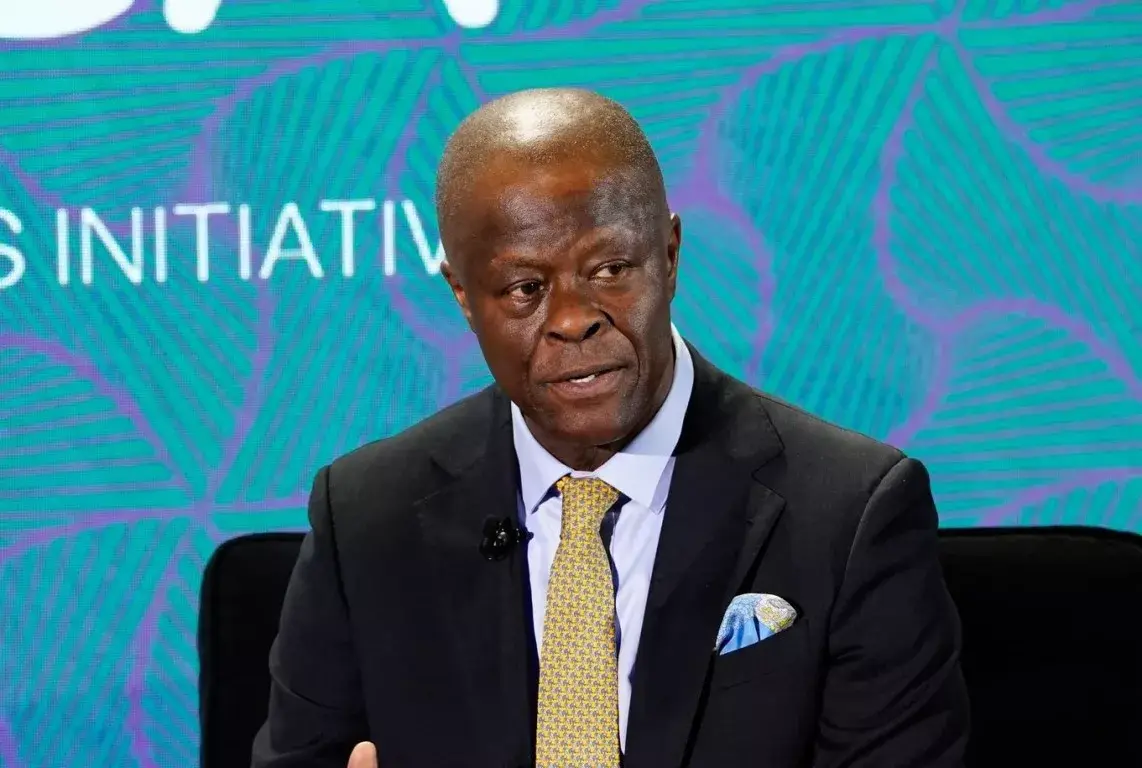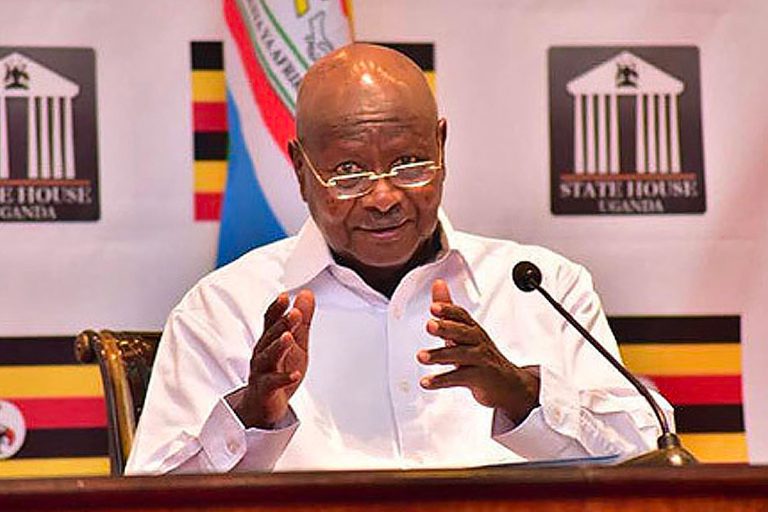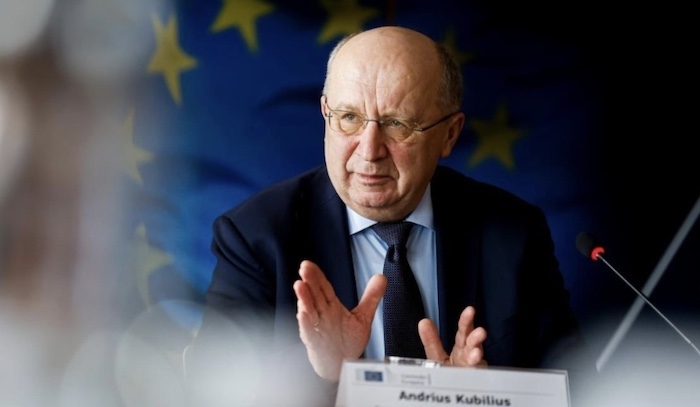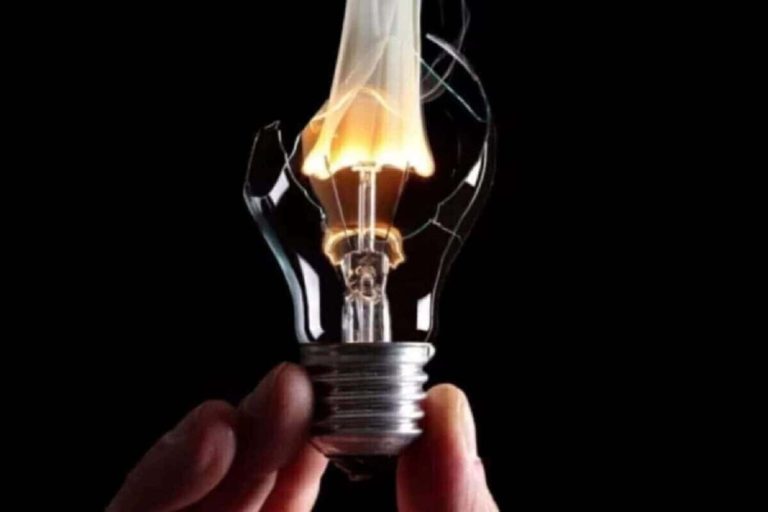
Government focuses on job creation, infrastructure, and inclusive growth…..
Nigeria’s heavy debt service costs are a consequence of past borrowing and elevated interest rates, Finance Minister and Coordinating Minister of the Economy, Wale Edun, has said.
In an op-ed published on Monday, Edun acknowledged the progress made under President Bola Tinubu’s administration, but noted that the country still faces tough fiscal realities.
“This is the consequence of past borrowing and elevated interest rates. At the same time, Nigeria’s fiscal revenue-to-GDP ratio, at about 10 percent after rebasing, remains one of the lowest in Africa,” Edun said.
“This limits government resources for essential services like health, education, and infrastructure.”
Edun stressed that while a stable economy is crucial, stability alone is insufficient. For inclusive prosperity, he said, growth must be anchored in sectors that generate jobs and opportunities.
Debt Service Improvements
President Tinubu previously noted improvements in the debt-to-revenue ratio. In November 2024, he reported a reduction from 97 percent to 65 percent, and on October 1, 2025, he said the ratio had fallen below 50 percent.
Focus on Key Sectors
Edun highlighted efforts to revive the oil and gas industry, with production rebounding to 1.68 million barrels per day. In agriculture, the government is boosting food supply, reducing import reliance, and ensuring farmers have security and market access.
“We are encouraging investment in factories and strategic value chains, creating employment for our young and dynamic workforce. We are investing in technology and the creative sector to harness the energy of our youth and position Nigeria as a hub of innovation,” he said.
Nigeria is also expanding exports beyond oil by tapping into global demand for critical minerals. Infrastructure development is being supported through public-private partnerships, including projects such as the Ajaokuta-Kaduna-Kano gas pipeline and a 90,000 km fibre expansion under Project Bridge.
Growth Targets
Edun said the government aims to achieve 7 percent economic growth by 2027/2028, emphasizing collaboration between government, the private sector, and citizens. He stressed that the focus remains on deepening resilience, broadening opportunities, and improving daily life for Nigerians through better schools, affordable food, reliable power, accessible healthcare, and youth employment.



